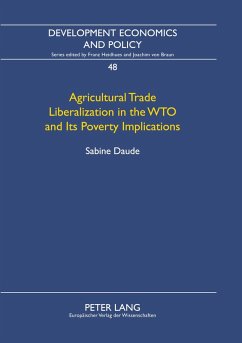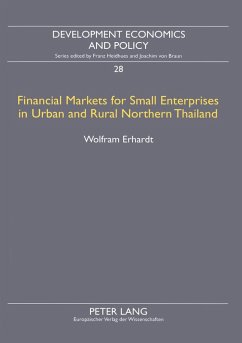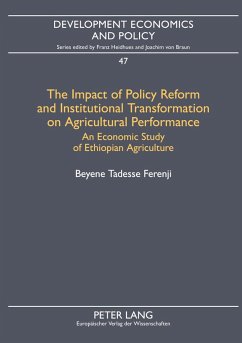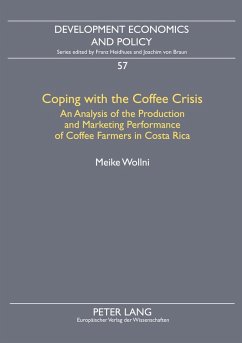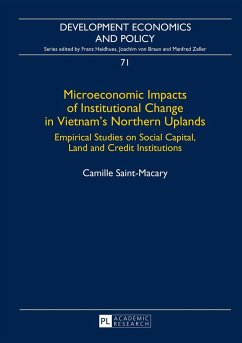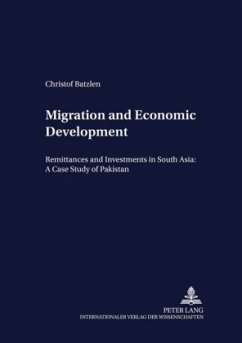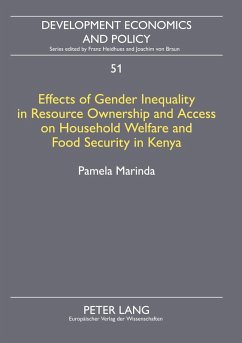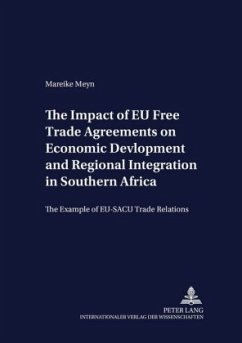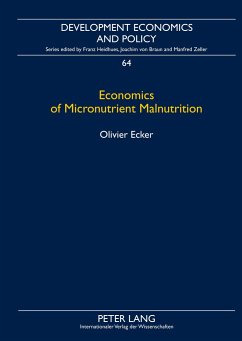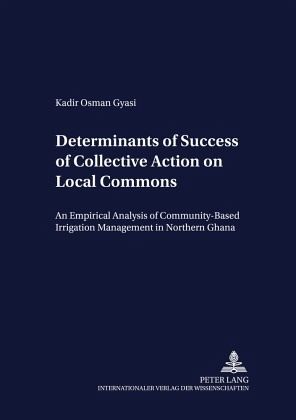
Determinants of Success of Collective Action on Local Commons
An Empirical Analysis of Community-Based Irrigation Management in Northern Ghana
Versandkostenfrei!
Versandfertig in 6-10 Tagen
73,25 €
inkl. MwSt.

PAYBACK Punkte
0 °P sammeln!
The growing recognition of the potential of local institutions to assure the sustainability of natural resources has motivated the devolution of the management and responsibility over local commons from the state to local user groups. In Ghana, farmer management of irrigation systems has become an important component of policies for irrigation development and reform. While numerous examples of successful local irrigation management exist in different parts of the world, there are several cases of failure that sometimes lead to a complete system breakdown. Using a dataset from community managed...
The growing recognition of the potential of local institutions to assure the sustainability of natural resources has motivated the devolution of the management and responsibility over local commons from the state to local user groups. In Ghana, farmer management of irrigation systems has become an important component of policies for irrigation development and reform. While numerous examples of successful local irrigation management exist in different parts of the world, there are several cases of failure that sometimes lead to a complete system breakdown. Using a dataset from community managed irrigation schemes in northern Ghana, this study examines the reasons why communities differ in terms of economic, distributional and environmental outcomes of the devolution program. Among others, the study finds the resistance of landlords to a land redistribution policy to have a detrimental effect on the success of collective action for local management of the irrigation schemes. The ability of the user groups to tackle local asymmetries for promoting equity and forming appropriate institutions to motivate cooperative behavior is essential for achieving sustainable local management of the irrigation schemes.



